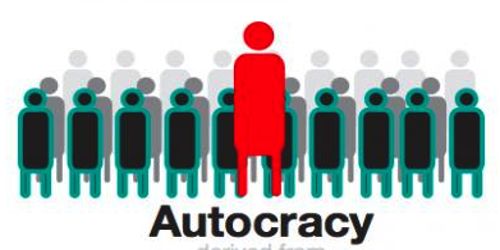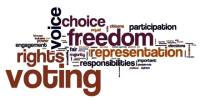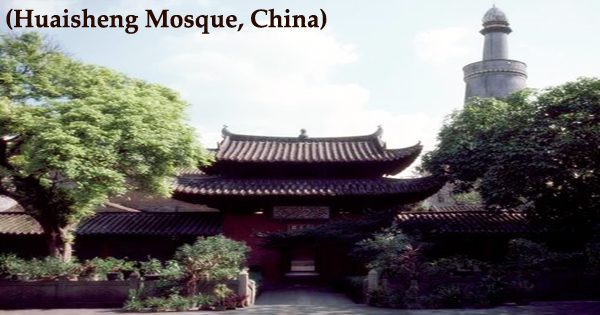Autocrats are a ruler who possesses absolute and unrestricted authority. Ex: Nicolas II – Last Tsar of Russia. He a person (such as a monarch) ruling with unlimited authority. The autocratic leadership process generally entails one person making all strategic decisions for subordinates. Although it has fallen out of favor in recent decades, the autocratic leadership style is still prevalent.
An autocracy is a government controlled by one person with absolute power. As unlimited power doesn’t usually bring out the best in people, autocracies are often brutal regimes. An autocracy is a system of government in which supreme power (social and political) is concentrated in the hands of one person, whose decisions are subject to neither external legal restraints nor regularized mechanisms of popular control. Absolute monarchy (such as Saudi Arabia, the UAE, Oman, Brunei and Swaziland) and dictatorship are the main historical forms of autocracy.
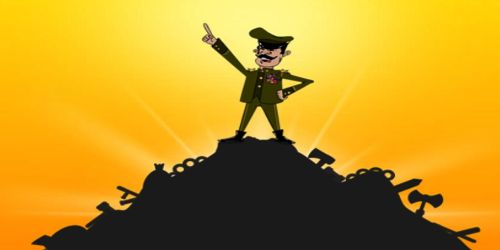
History:
Autocracy origin dates back to around 5th century BC. Autocracy took roots in Greece as a form of government. Since the origin of Autocracy it has evolved tremendously and spread across many nations through the ages. To completely understand the concept of Autocracy, it is necessary to know everything from its emergence to its evolution into what we can call as modern Autocracy. Hence, it becomes essential to study these changes throughtout the history of Autocracy.
Maintenance
Because autocrats need a power structure to rule, it can be difficult to draw a clear line between historical autocracies and oligarchies. Most historical autocrats depended on their nobles, the military, the priesthood or other elite groups. Some autocracies are rationalized by assertion of divine right.
Autocracy Leaders
A common factor between all the types of government is that, they need leaders in order to advocate their ideologies. For a country to accept a type of government, it is necessary that they know the concept of that government. Making people understand and accept Autocracy is the major role of a Autocracy leader. Many philosophers, politicians and leaders have made noteworthy contribution in the History of Autocracy. Famous Autocracy leaders are Adolf Hitler, Hu Jintao, Nicholas I, Raul Castro, Robert Mugabe, Saddam Hussien. You can also find out about governments which originated in the same era as Autocracy. and give us the list of governments in these origin eras.
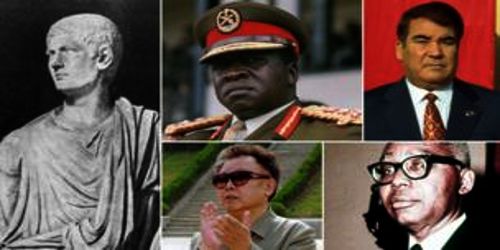
Famous Autocratic Leaders
A lot of the most famous autocratic leaders are not those who were wanted by people ruling over them. They would make decisions with the goal of serving their own needs first and would rely on the fear of discipline in order to motivate others to achieve success that is needed. From corporate heads to national leaders, here are some of the most famous autocratic leaders:
Idi Amin
Before Amin became the 3rd president of Uganda, ruling the country for 8 years, during the 1970s, he was a major general in the country’s army after he served in the King’s African Rifles, where he was promoted as a field marshal. As president, his leadership was characterized by mismanagement and suppression, where it was believed that about half a million people were killed during his reign.
Bashar al-Assad
Since 2000, al-Assad has ruled Syria in a way that many would describe as “iron fist”. Though he was initially thought of as a specialist in government reform, he brought sieges to prevent protestors, which eventually led to a civil war. He has been involved in war crimes against humanity, but he is still serving his third 7-year term as Syria’s president.
Modern Autocracy
Modern Autocracy history can be broadly classified into three categories, Early Modern Autocracy, 18th and 19th century Autocracy and 20th and 21st century Autocracy. Autocracy timeline in the modern times can be briefly described as below:
- Early Modern Period: Early modern period is around after the middle ages and before 18th century. The outline of events in the history of Autocracy in the early modern period can be elaborated as follows- 1655: First known use of autocracy. Before 1688: England was ruled by an autocratic monarch.
- 18th to 19th century: 1825 to 1855: Autocracy in Russia under the rule of Nicholas I.
- 20th and 21st century: The events in the history of Autocracy in the 20th and 21st century can be described as- There are several modern day governments with elements of Autocracy.
Conclusion:
Autocracy is a society ruled by one individual. One person, the “autocrat,” has unquestioned power, and makes all of the decisions. The people living under an autocratic government have no recourse to effect change, no power of election, no say in their government, and no leverage to encourage a different course of action.
There is one advantage to an autocracy, in that decisions can be made easily, and put into effect quickly. Without the need to obtain a consensus of multiple politicians or delegates, the force of government moves forward without delay.
Information Sources:
